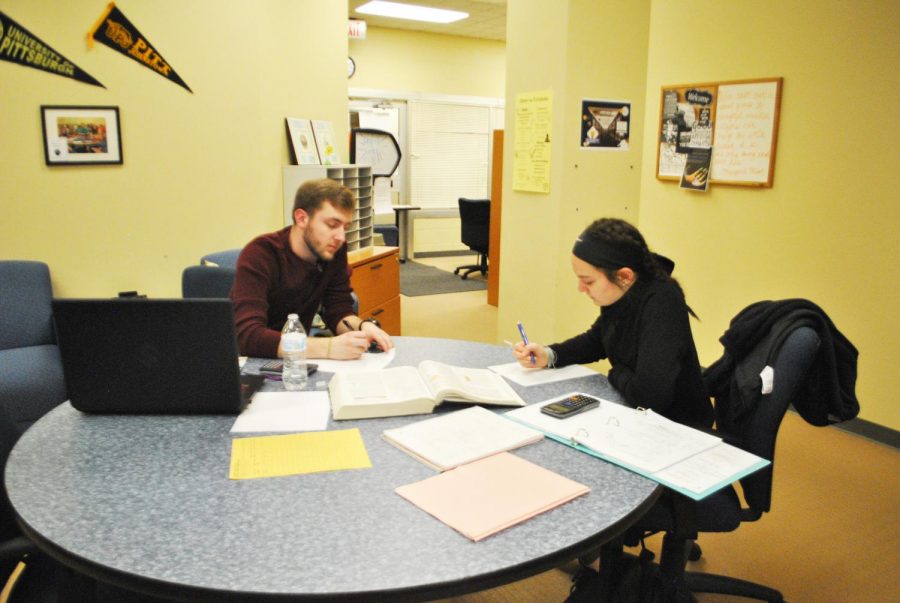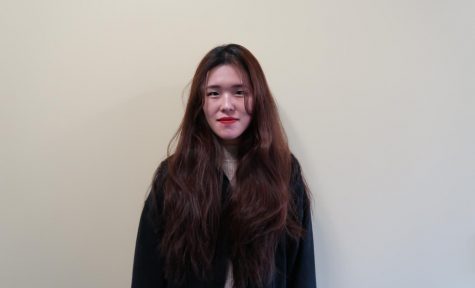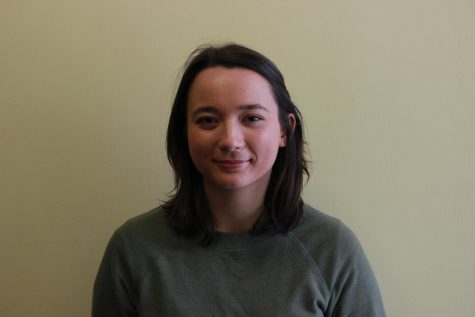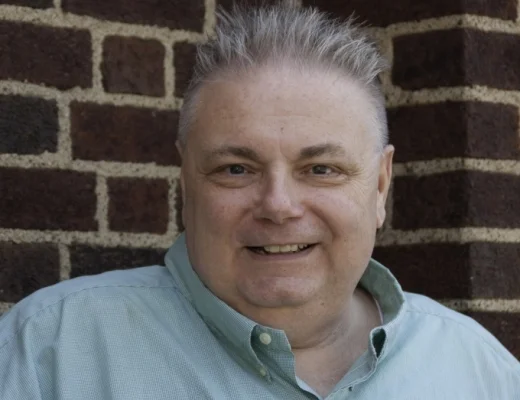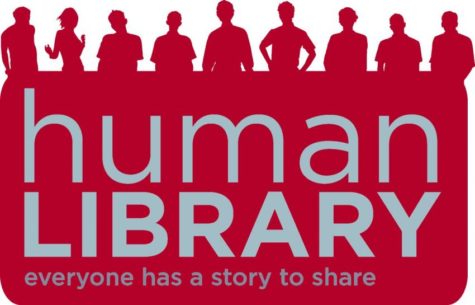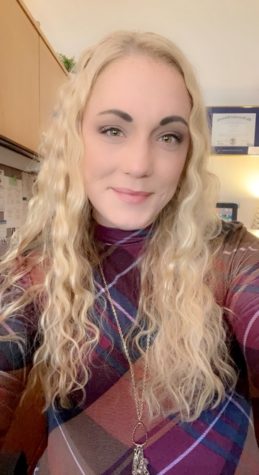3 programs help students’ transition
Sophomore Joe Lasser tutors sophomore Caitlyn Palazzi on March 28 in Owen Library’s Academic Success Center.
April 10, 2019
In order to ensure students adapt to the transition from high school to college, Pitt-Johnstown’s Academic Success Center’s staff has designed multiple programs to meet students’ needs.
According to the Academic Success Center’s webpage, there are two programs: The First-Year Success Program and the Great Outcomes in Academic Learning program.
According to the First-Year Success Coordinator Cassandra LaFramboise, the program is required for students admitted on a provisional basis.
“The program runs during the fall semester and is made up of first-year, first-semester students.
“Participants in the First-Year Success Program are required to meet biweekly with an academic counselor and a peer mentor known as a Mentor for Academic and Personal Success,” she said.
Based on the website, besides regular meetings with the academic counselor and mentor, students also need to participate in a three-credit course, complete five hours of study hall and submit a mid-term grade report.
The Great Outcomes program is designed for students who did not do well during their first semester in college.
According to the website, students who did not achieve good academic status or earned a semester GPA below a 2.0 might be suspended or given an opportunity to return as part of the program depending on the GPA.
Students in the program are asked to maintain a 90 percent classroom attendance, meet weekly with an academic counselor and commit to a specific number of study hall hours in the Academic Success Center or Owen Library.
Just like students in the First-Year Success Program, students in the Great Outcomes program are also required to take a three-credit course that examines the academic and psychological components of effective college learning.
According to the website, students who raise their GPA to above a 2.0 are released from the program.
Freshman Daria Brant said she is in a program not listed on the university website: a PASS program.
According to LaFramboise, the PASS program is an additional academic-support program, supervised and facilitated by academic affairs Assistant Vice President Stephen Kilpatrick.
Brant said that the PASS program is similar to the Great Outcomes program, but there are less requirements.
“PASS is for students who are close to (meeting the requirement,) but didn’t.
“I just have to check in at the Academic Success Center or the library for five hours a week and meet with (Kilpatrick) before midterm and finals.
LaFramboise said that the programs are monitored by academic counselors.
“The academic counselors are then able to access their study hour information online,” she said.
“Some students come in for help with major exploration, time-management strategies and study strategies.
“When students come for help, the center’s administrative assistant, Joan Kerin, or one of the work-study employees will schedule them for a one-on-one meeting with a counselor.
“During that meeting time, the academic counselor will discuss the students’ concerns and determine how to meet their needs.
“These programs are very helpful to students. Every semester, we have students come back to the Academic Success Center to tell their academic counselor how beneficial they found the programs,” LaFramboise said.
Brant said the program is helpful.
“I really liked the program.
“I did OK last semester, but I did better this semester. (The program) helps me stay on track and stay organized. I think it’s especially for freshmen.
“Even if I’m not in the program next semester, I’m still going to come (to the Academic Success Center) and record my time,” Brant said.

